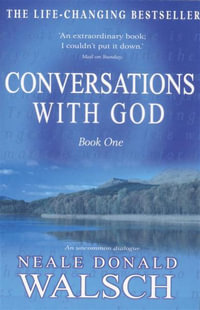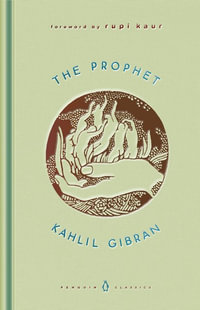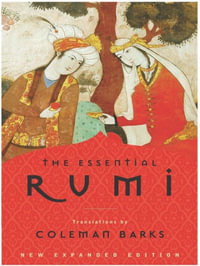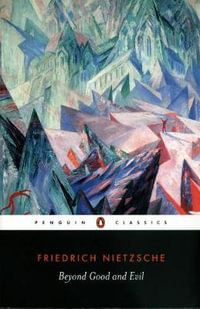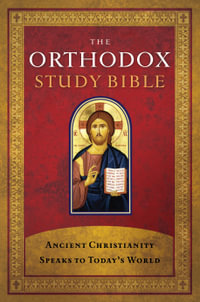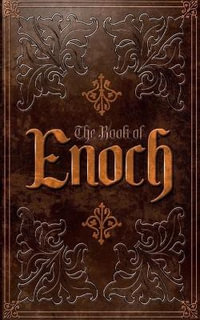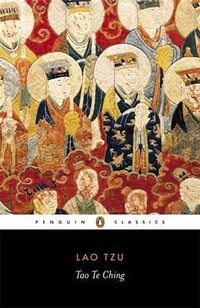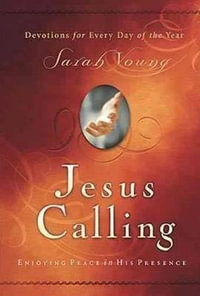The myth of Orpheus articulates what social theorists have known since Plato: music matters. It is uniquely able to move us, to guide the imagination, to evoke memories, and to create spaces within which meaning is made. Popular music occupies a place of particular social and cultural significance. Christopher Partridge explores this significance, analyzing its complex relationships with the values and norms, texts and discourses, rituals and symbols, and codes and narratives of modern Western cultures. He shows how popular music's power to move, to agitate, to control listeners, to shape their identities, and to structure their everyday lives is central to constructions of the sacred and the profane. In particular, he argues that popular music can be important 'edgework,' challenging dominant constructions of the sacred in modern societies. Drawing on a wide range of musicians and musical genres, as well as a number of theoretical approaches from critical musicology, cultural
theory, sociology, theology, and the study of religion, The Lyre of Orpheus reveals the significance and the progressive potential of popular music.
Industry Reviews
"Lyre is ambitious, a book that many scholars in music as much as religion ought to read....A fascinating excursion through the musico-sacred worlds that surround us every time we put on headphones."--Journal of the American Academy of Religion
"An amazing wealth of information about religion and popular music."--First Things
"This book is a fascinating scholarly examination of the intersections of popular music, society, personal experience, and the sacred...This is an insightful, well-researched volume on music's influence and effects in modern-day society. Highly recommended."--CHOICE
"The Lyre of Orpheus is a landmark book, opening up new ground for our understanding of religious elements of popular music. Partridge moves the discussion of religion and popular music on from concerns about the religious meanings of lyrics, or broad analogies of popular music scenes as 'religions,' by addressing how music constructs emotional experiences which reinforce or transgress social understandings of the sacred... he shows how popular music
continues to have religious significance in social settings far removed from traditional forms of institutional religion, as well as illuminating the complex relationships that persist between popular music and
religious traditions. Demonstrating an authoritative understanding of both popular music and scholarly resources for interpreting it, Partridge has produced a book that will be a key reference point for future work."--Gordon Lynch, Michael Ramsey Professor of Modern Theology, University of Kent
"...The Lyre and Orpheus, with all its conceptual interpolations, provides so much material that anyone with an inquiring mind and interest in cultural studies will discover a wealth of information for continued research and discussion." --Artistic Theologian
"If we wish better to understand the nature of the early twenty-first-century culture in which churches are immersed, we need to have a better appreciation of how popular music and religion interact. Partridge's work is a fascinating and insightful place to begin."--Anglican Theological Review
"The Lyre of Orpheus itself functions as edgework too. In an academic context in which studying the sacred dimensions of music often result in an exploration of a particular genre, Partridge offers us insights in the analysis of how music works and matters from an original perspective. He demonstrates how the relationship between sacrality and music extends beyond the genre of sacred music. This approach would be worthwhile to extend into other musical
fields, such as classical and non-western music. It is about time to put everything perceived as irreplaceable about the musical sacred and move it to the left. " --Marginalia



